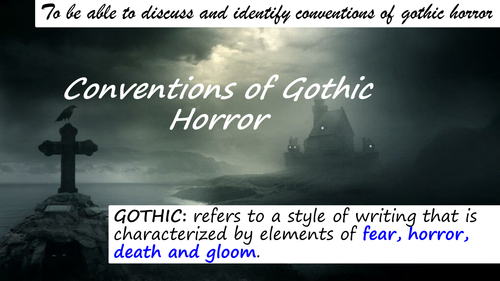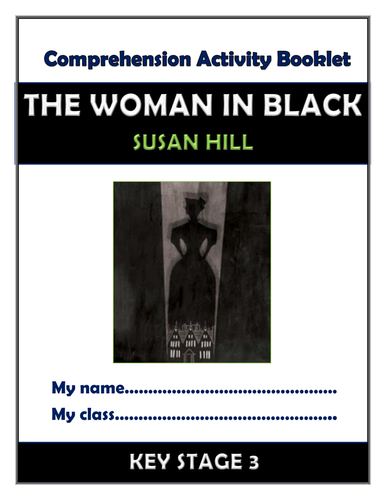Gothic literature
Resources for KS3 and KS4
Evoke your students interest in Gothic literature through novelists such as Poe, Shelley, Stoker and Hill and watch their imaginations come to life with their own Gothic literature pieces. From lessons to activity booklets, revision materials and knowledge organisers, we have drawn together a selection of resources to spark your students interest with Gothic literature.

Lessons
Gothic literature is not only fun to teach but more often than not most students love delving into the supernatural and eerie themes that gothic literature provides. Whether you’re introducing it through Poe or Shelley, or you’re looking for stand alone creative writing lessons, we have drawn together a selection of resources you can use to teach gothic literature.
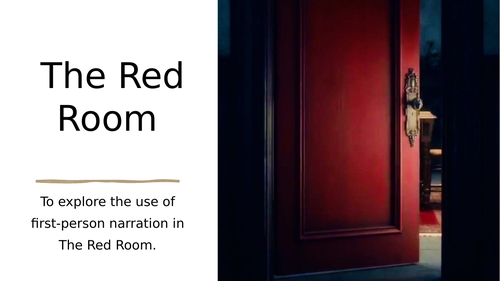
Gothic Fiction: The Red Room

Symbolism in Gothic Literature (Analysis and Descriptive Writing)

English Literature - Intro to The Gothic - Epistolary
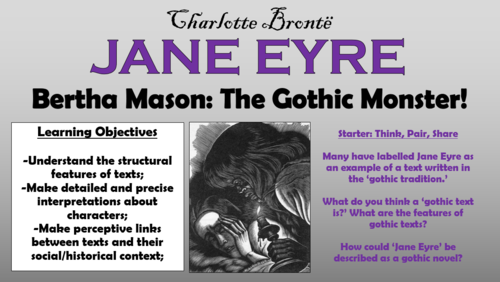
Jane Eyre - Bertha Mason: The Gothic Monster!

Gothic Escape Room
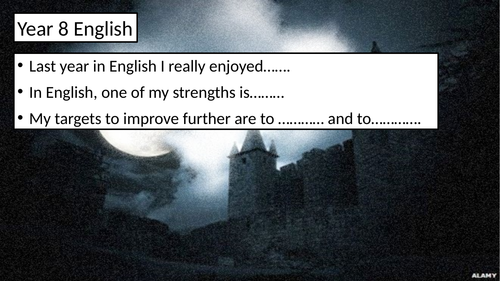
Gothic Fiction Castle of Otranto
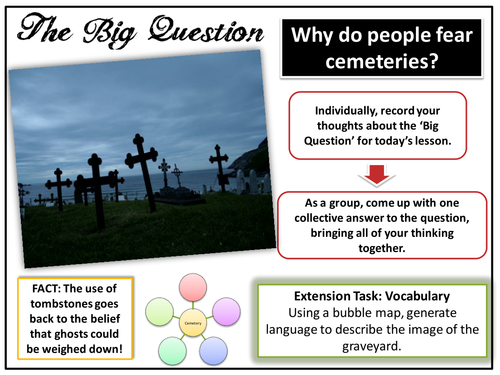
Creative Writing Lesson - Gothic Horror
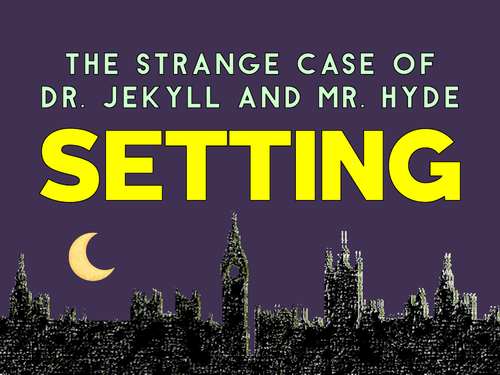
Jekyll and Hyde: Setting

Gothic Fiction The Hound of Baskervilles
Activities and revision
From word banks and word searches to comprehension activities and knowledge organisers, take a look at these worksheets and revision tools you can use in the classroom.

Gothic Literature Homework Booklet
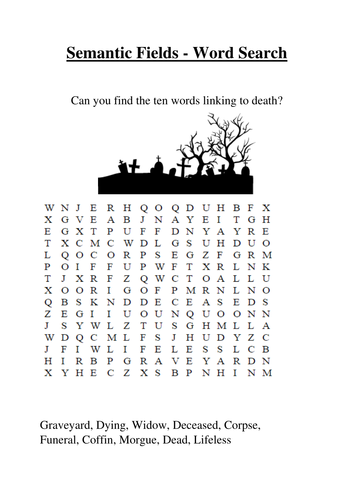
Gothic Wordsearch

Gothic Genre Writing Warm Ups
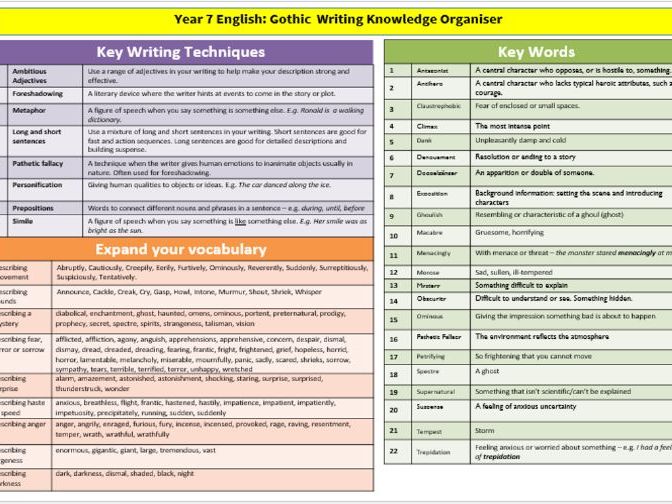
Knowledge Organiser - Gothic Literature

Gothic Punctuation

Gothic Literature Boggle
English collection
From schemes of work, lessons and worksheets to revision guides, exam questions and knowledge organisers, our secondary English resources collection has you covered.
GCSE/iGCSE revision resources
Support your students in the run-up to May with this bumper collection of GCSE revision and iGCSE revision resources.
Teacher essentials
Explore this collection of essential resources including starter and plenary activities, templates, marking and feedback tools and much more.
